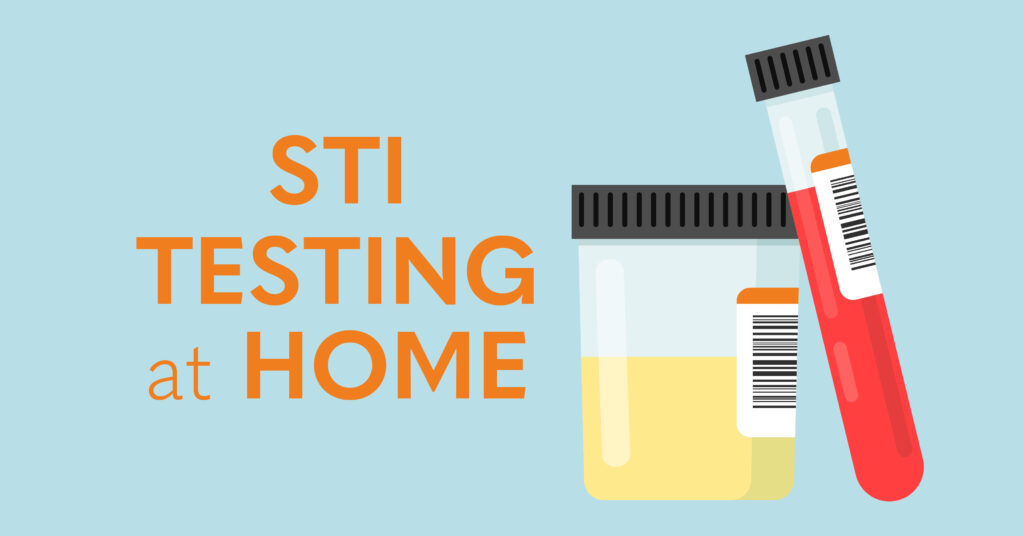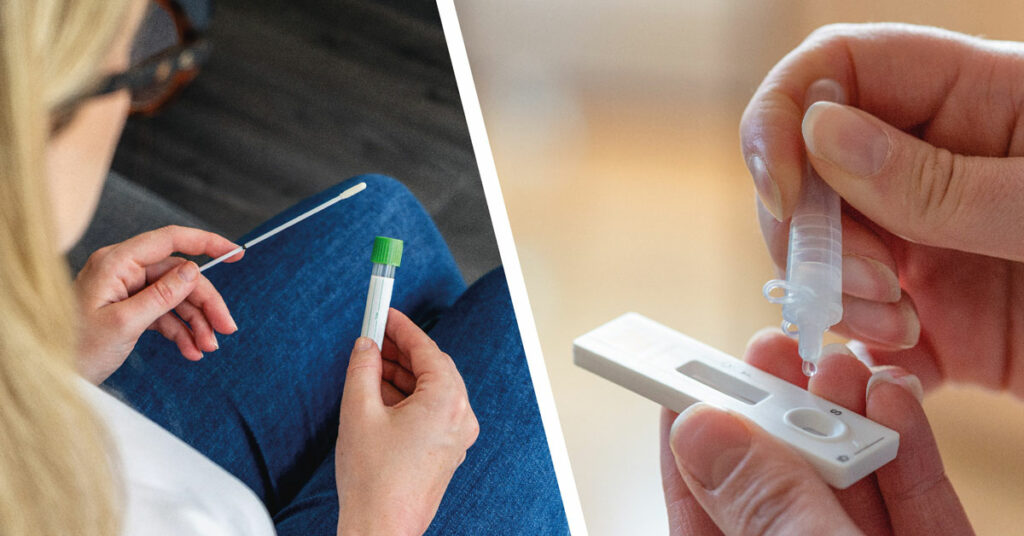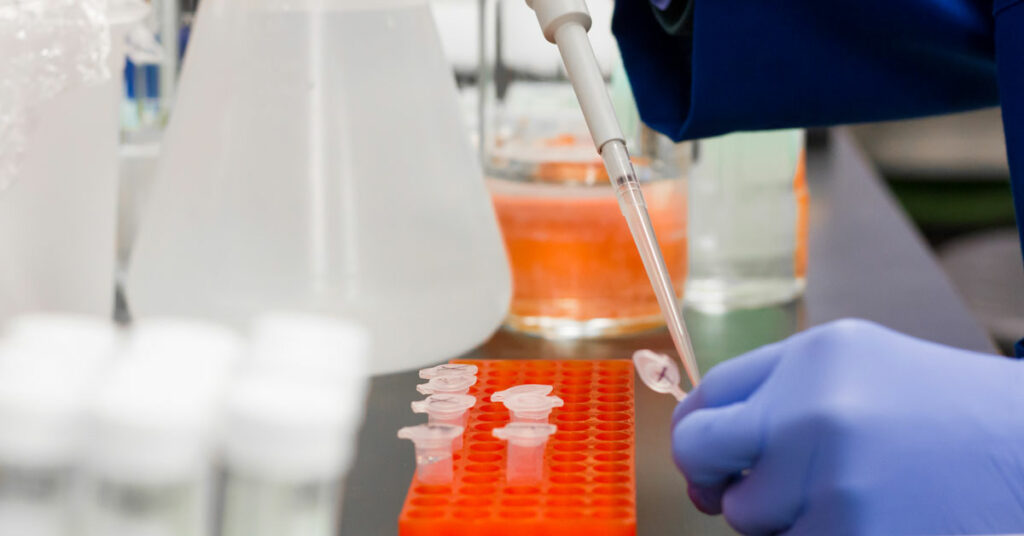STIs are sexually transmitted infections passed between people through genital contact or unprotected sex. They are also sometimes called STDs – sexually transmitted diseases.
Recognising the symptoms of STIs as early as possible is crucial so you can get treated as quickly as possible.
This article will look at the most common STI symptoms, the most common STIs, STI tests and common treatments.
What are some STI symptoms?
Some STIs, such as chlamydia, can display no symptoms (they are asymptomatic), but they can still cause long-term health complications. Not all STIs have noticeable symptoms, but there are some common ones that it would be a good idea for you to be aware of.
If you display any of the symptoms listed below, you should get a check-up as soon as possible.
Common STI symptoms in males and females
- blisters, sores, lumps or a rash around the genitals or anus
- itching, burning or tingling around the genitals
- pain when urinating
Common STI symptoms in females
- bleeding after sex
- bleeding between periods
- pain during sex
- smelly discharge
- stomach pain
- yellow or green discharge
Common STI symptoms in males
- discharge from the tip of the penis
- irritation of the urethra – the tube that allows urine to pass out of the body
- swollen testicles
If you have any of these symptoms, you should take a sexual health test. It is also a good idea to take a sexual health test if you think you may be at risk of catching an STI, such as having unprotected sex with a new partner.
If you suffer from severe symptoms such as abdominal pain or swollen testicles, you should see a doctor as soon as possible.
What are the most common STIs?
The four most common STIs in the UK are:
- Chlamydia – The most common curable STI in the UK, Chlamydia is one of the leading causes of infertility around the world. It can damage the reproductive systems of both men and women.
- Gonorrhoea – The second most common bacterial STI in the UK. It can cause pelvic inflammatory disease (PID) in up to 20% of women, leading to infertility, pelvic pain and potential miscarriage if left untreated.
- HIV – Stands for Human Immunodeficiency Virus, which attacks the body’s immune system over some time, leaving you unable to fight off infections and disease.
- Syphilis – A chronic bacterial infection that can lead to brain, heart and nerve problems if left untreated
How to test for an STI?
If you think you might have an STI, you must get tested.
You can order a test online from Test2Go, which will be discretely delivered to your home, and then posted back to our accredited laboratories for your result – without needing a face-to-face appointment.
Our most popular sexual health test is the Common 4 Panel test. This is a urine and blood sample test for chlamydia, gonorrhoea, HIV and Syphilis – among the most common STIs in the UK.
Please be advised that it can take some time for viral levels to rise to a detectable amount after coming into contact with these infections. Therefore we advise allowing for a brief incubation period of 14 days before testing for Chlamydia & Gonorrhoea. HIV and Syphilis recommended incubation period is 90 days after suspected exposure. If you have taken a test for HIV and Syphilis within 90 days of suspected exposure, we recommend you take another test after the 90th-day mark. The test should be performed after the incubation period. If a negative result is received before the incubation period, we recommend performing a confirmatory test after the advised incubation period.
NB. It is important to note that our tests are not a substitute for seeing a doctor, particularly if you have symptoms. You should not make a diagnosis or start any treatment without a consultation with a doctor or a suitably trained health professional.
If you have severe symptoms, you should see a doctor without delay, either at your GP or a local GUM clinic.
What is the treatment for STI?
Each STI has a different course of standard treatment.
Our test is for advisory purposes only. It is not a medical diagnosis.
NB. It is important to note that our tests are not a substitute for seeing a doctor, particularly if you have symptoms. It would help if you did not make a diagnosis or start any treatment without a consultation with a doctor or a suitably trained health professional.











